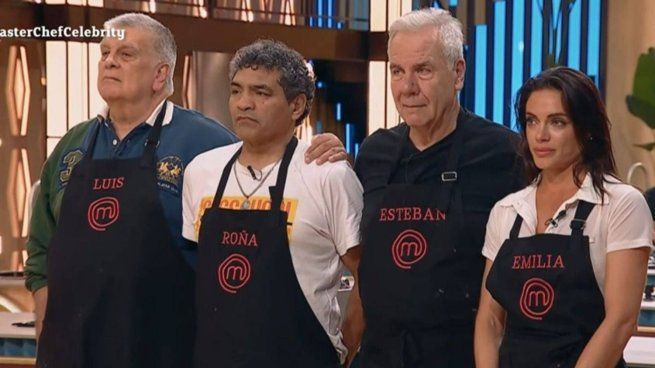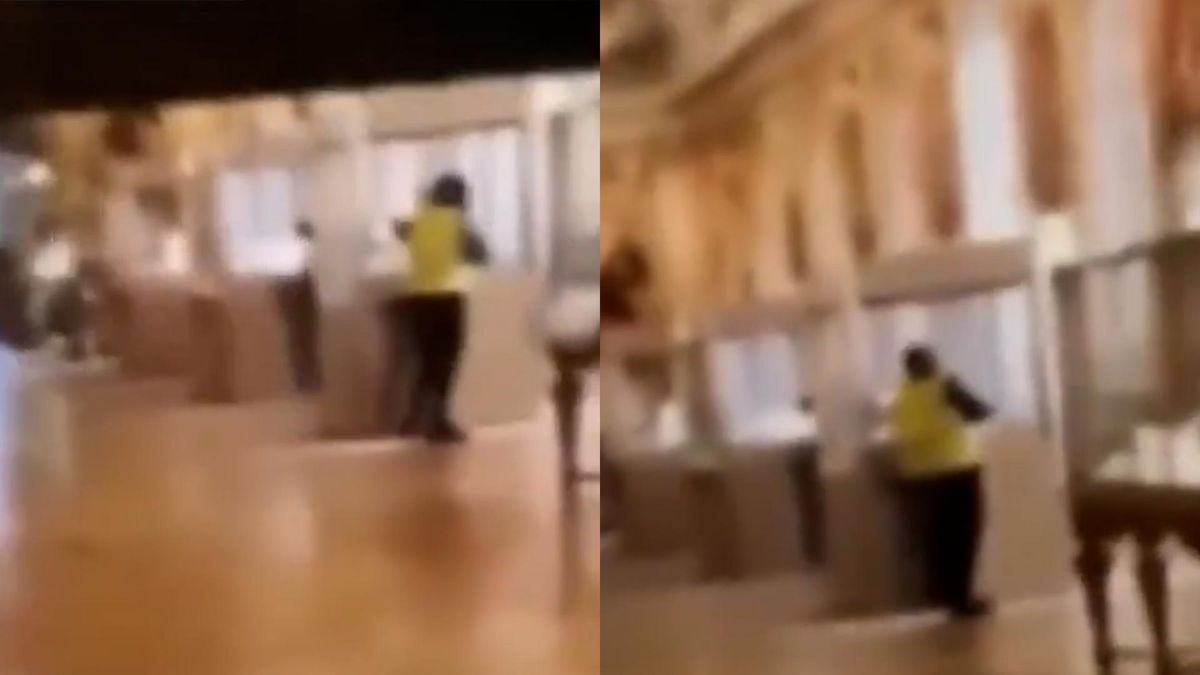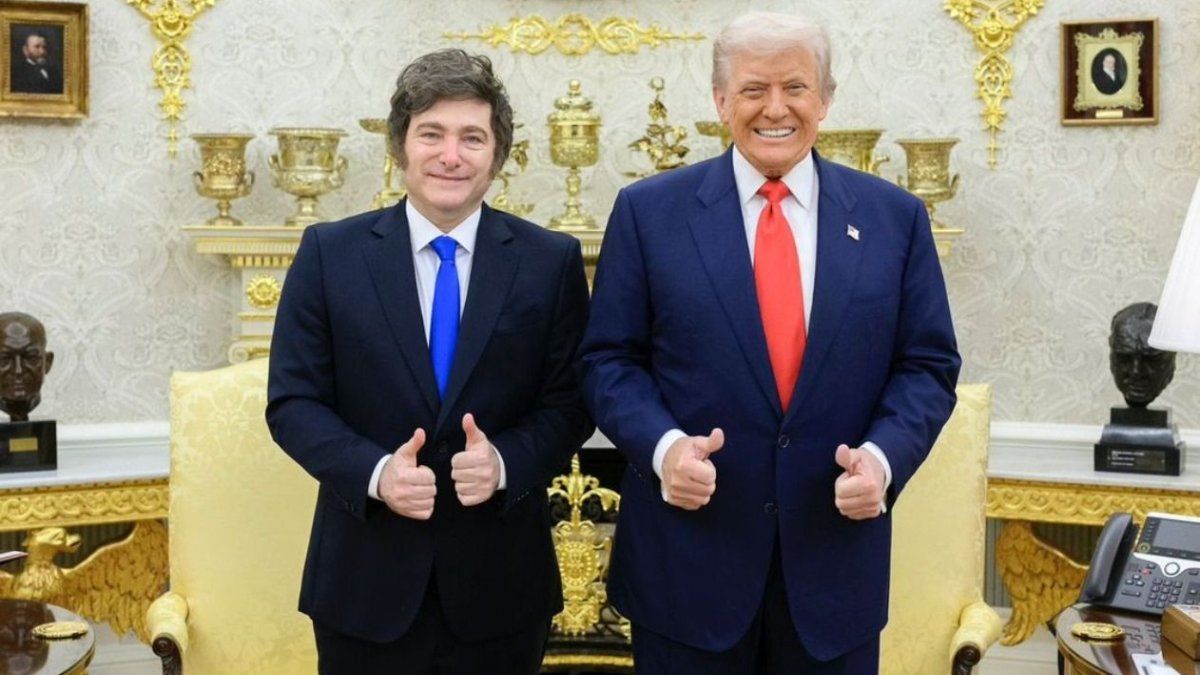There are dead and injured, shopping malls on fire and highways and trunk roads blocked. Durban. They bring important logistics chains, but also buses and trains in Africa’s strongest economy, to a standstill. The willingness to use violence is shocking. On Monday evening, President Cyril Ramaphosa mentioned a total of ten dead and four injured police officers in his speech to the nation. “Anarchy” was the headline of the newspaper “The Citizen” on its first page.
During Ramaphosa’s speech to the nation, the treadmill TV showed live images from a shopping mall in Durban where people were strolling freely with baskets and other bins to loot. “It’s not us,” said a serious-looking president.
What began as local protests against the imprisonment of ex-President Jacob Zuma has long since taken off and developed a new dynamic. Against the background of the general frustration of many South Africans about the increased unemployment and lack of prospects as well as blatant inequality due to Covid restrictions, a kind of collective intoxication suddenly broke out.
“It looks like a sale shortly after Christmas,” said a reporter who, together with the police, watched crowds of people looting. Eyewitnesses reported in front of the camera about people who drove up in mid-range cars and took away refrigerators, beds, clothes, shoes or even furniture. The law enforcement officers had to watch powerlessly in view of the overwhelming numbers or take cover from stone throwers. Looters played cat and mouse and came back as soon as the cops were gone.
Everything that could be taken with you was carried away: cell phones, TV sets, bags full of groceries, but also doors or tills. Even a picture of a young looter with a dildo in hand made the rounds on social media. There – for example in Durban – neighborhood help was organized to prevent the anarchy from spilling over into the residential areas.
The coastal city in the province of KwaZulu-Natal has one of the most important ports on the continent – the N3 motorway from Durban to the industrial center around Johannesburg is therefore one of the country’s most important transport axes. It is now closed indefinitely, given the many trucks that have been flared. President Ramaphosa warned that this would jeopardize food security and the vaccination campaigns against Covid-19 in the long term.
Although Nelson Mandela’s dream of a peaceful rainbow nation has been clouded again and again in the past by xenophobic excesses of violence against Africans from other parts of the continent, a nightmare looms now.
“Ramaphosa tells us that he no longer has any control,” said the spokesman for the opposition Economic Freedom Fighters (EFF), Vuyani Pemba, in a TV interview. The president is fighting on several fronts: on the one hand, he has to stop the galloping numbers of infections in what is now the third wave of corona infections, and on the other hand, he has to reform his African National Congress (ANC), which was increasingly stuck in the swamp of a clique of clients and favorites under the tenure of his predecessor Jacob Zuma . Zuma’s imprisonment was therefore an important milestone for the young democracy.
In addition, the head of state urgently needs to create jobs. Because one of the toughest curfews in the world has exacerbated the pre-pandemic economic crisis in the Cape. Entire industries – for example in the tourism sector – groaned under restrictions. Many companies gave up. Those who persevered are now confronted with new worries: shop fittings destroyed, goods looted, no more money in the till. Numerous jobs are in danger of being lost. The military is now supposed to enforce security with the police – which in turn displeases the populist EFF politician Julius Malema. He announced protests by his supporters in the event of mobilization.




